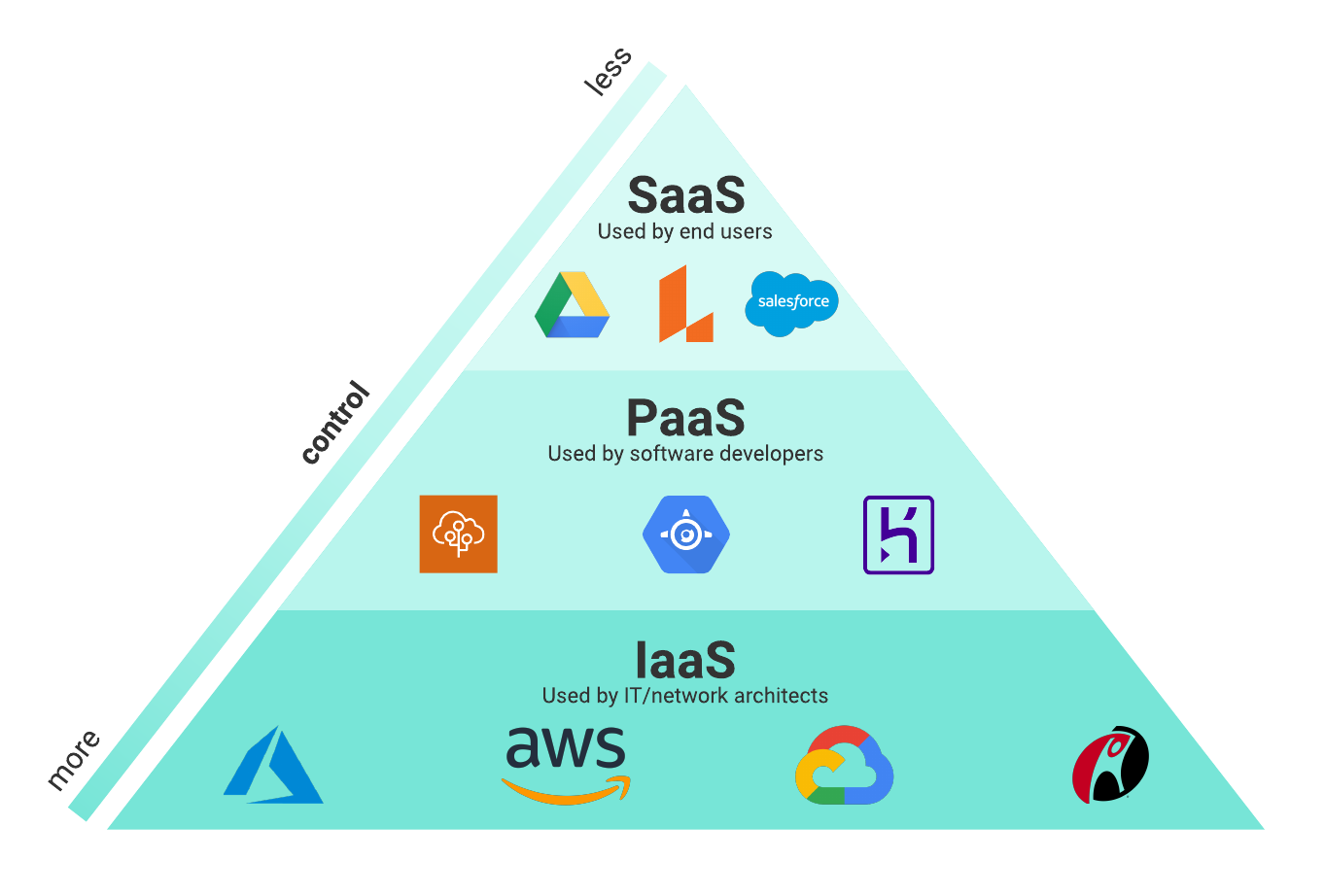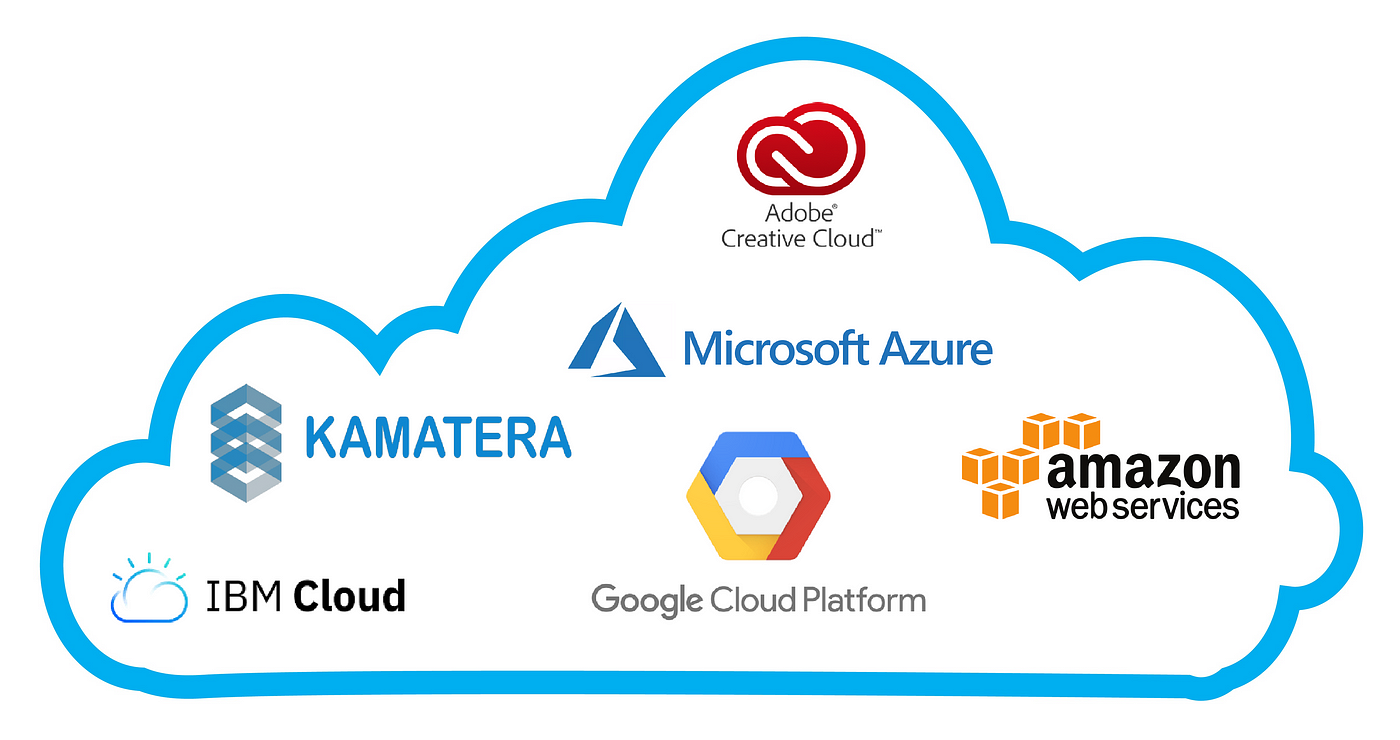Streamline IT Management With Cloud Solutions
In today's quickly evolving electronic landscape, the duty of IT monitoring is coming to be increasingly complex. Organizations are continuously seeking methods to enhance their IT procedures to stay competitive and nimble. Cloud solutions have become a viable solution for businesses aiming to enhance efficiency, lower prices, and enhance general IT performance. By embracing cloud technology, companies can attain better versatility, scalability, and safety in managing their IT infrastructure. Just how precisely do these cloud services change typical IT administration practices? Let's discover the transformative effect of leveraging cloud services on IT procedures and the essential considerations for effective implementation.
Benefits of Cloud Provider

Furthermore, cloud services make it possible for companies to boost their functional performance by improving processes and decreasing the time and sources needed for handling IT infrastructure. With cloud solutions, companies can automate routine tasks, such as software updates and data back-ups, liberating IT groups to concentrate on even more tactical campaigns that drive organization value.

Enhanced Scalability and Versatility
Cloud services offer services with unequaled scalability and adaptability in handling their IT resources effectively. Scalability is an important function of cloud solutions that permits business to easily readjust their IT sources based upon need. With cloud services, organizations can swiftly scale up or down their computer sources, storage space ability, and network transmission capacity to fulfill altering needs without the demand for substantial upfront financial investments in hardware. This versatility enables organizations to adjust to varying work, seasonal needs, or unexpected development without experiencing downtime or efficiency problems.
In addition, cloud solutions supply the flexibility for workers to accessibility business information and applications from anywhere, at any kind of time, and from any kind of tool with a net connection. This capacity enhances efficiency and collaboration amongst remote teams or staff members functioning in different places. Furthermore, cloud services provide the flexibility to choose from a variety of solution versions, such as Framework as a Service (IaaS), Platform as a Service (PaaS), or Software Application as a Service (SaaS), based upon the specific requirements of business. The boosted scalability and flexibility used by cloud services equip organizations to maximize their IT procedures and stay agile in today's vibrant market environment.

Cost-Effectiveness and Cost Savings
With the capability to efficiently allot resources based on demand, organizations making use of cloud solutions can harness substantial cost-effectiveness and understand considerable cost savings in their IT operations. In addition, cloud solutions reduce upkeep prices by moving the duty of equipment maintenance and software program updates to the solution company. Overall, the cost-effectiveness and cost savings attained through cloud services allow services to reapportion sources towards innovation and growth efforts.
Improved Protection and Conformity
Enhancing the overall protection posture and making certain governing compliance are extremely important considerations for companies leveraging cloud solutions in their IT management methods. Cloud provider supply innovative safety see and security procedures, such as information security, multi-factor verification, and automated back-ups, which can boost a company's safety structure. These service providers additionally comply with stringent regulative requirements, such as GDPR, HIPAA, and PCI DSS, helping services meet compliance demands extra efficiently.
Implementing cloud solutions can enhance safety by offering centralized control over gain access to management, monitoring, and data defense. This centralized approach simplifies safety management and guarantees regular application of safety policies across the company. Furthermore, cloud services typically offer real-time protection updates and spots, minimizing the risk of susceptabilities and possible violations.
Finest Practices for Cloud Execution
Applying cloud services efficiently calls for an organized approach that encompasses comprehensive planning and attentive implementation. To ensure a smooth shift to the cloud, organizations ought to begin by performing a thorough analysis of their current IT infrastructure and identifying which work are suitable for migration. It is important to establish clear objectives and define crucial efficiency indicators (KPIs) to measure the success of the cloud execution.
Among the most effective techniques for cloud execution is to thoroughly choose a cloud company that aligns with the company's demands in regards to safety and security, scalability, cost-effectiveness, and conformity. Additionally, developing a thorough migration plan that describes the actions entailed, timelines, and duties is vital for a successful application.
Regularly maximizing and keeping an eye on cloud sources to make certain reliable performance and cost monitoring is an additional important element of cloud execution ideal practices. Continuous assessment of the cloud setting and staying my explanation educated about updates and new functions provided by the cloud service provider can further boost the organization's cloud technique. By following these best techniques, companies can simplify their IT management and make the page most of the benefits of cloud solutions.
Conclusion
In conclusion, leveraging cloud services for IT monitoring provides many advantages, consisting of improved scalability, cost-effectiveness, improved safety, and compliance. Overall, cloud solutions enhance operational performance and agility in managing IT facilities.
In addition, cloud solutions provide the adaptability to pick from a selection of service models, such as Facilities as a Service (IaaS), System as a Service (PaaS), or Software Application as a Service (SaaS), based on the particular demands of the organization. Furthermore, cloud solutions decrease maintenance expenses by moving the obligation of equipment upkeep and software updates to the service provider.Enhancing the overall security stance and making certain regulative conformity are extremely important considerations for services leveraging cloud services in their IT monitoring approaches.Routinely maximizing and keeping track of cloud resources to make sure effective performance and expense administration is one more important aspect of cloud implementation best methods. Constant assessment of the cloud atmosphere and staying notified concerning updates and brand-new features supplied by the cloud copyright can even more boost the organization's cloud method.